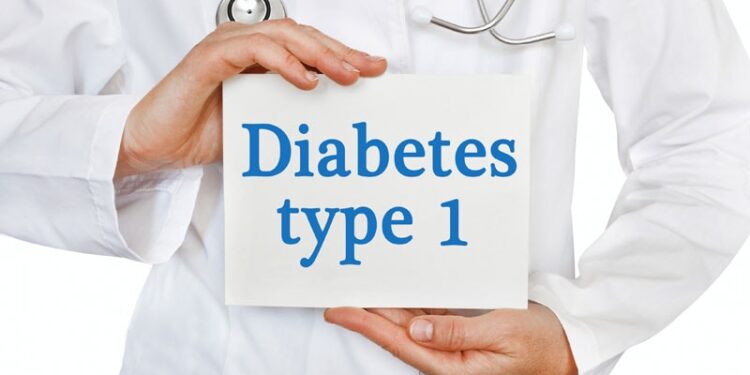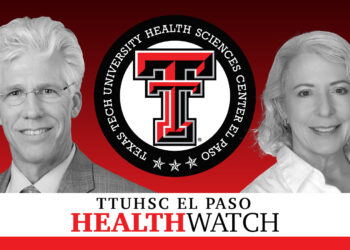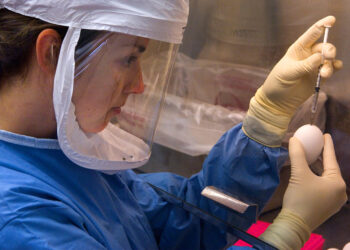A new Endocrine Society scientific statement outlines “challenges and opportunities” in understanding the pathogenesis of type 1 diabetes (T1D), with some clinical takeaways regarding the heterogeneity of the condition and the need for increased screening for preclinical disease.
The statement was published on July 9, 2025 in The Journal of Clinical Endocrinology & Metabolism and will be presented on July 14, 2025 at ENDO 2025: The Endocrine Society Annual Meeting.
It summarizes what is known and what is still to be learned about the autoimmune process leading to pancreatic beta-cell destruction, the genetics and immunology involved, and the heterogeneity of the patient population, including the large but often unrecognized group who develop the condition in adulthood.
The statement also reviews recent advances in the early identification of preclinical T1D and the emergence of strategies to delay onset including teplizumab (Tzield), which is already on the market.
“It’s such an incredibly exciting time in type 1 diabetes now, on so many different levels, that the Endocrine Society felt that it was a good time to talk about the pathogenesis,” writing committee member Alvin C. Powers, MD, professor of medicine and director of the Diabetes Center at Vanderbilt University, Nashville, Tennessee, told Medscape Medical News.
The heterogeneity of T1D is important to recognize clinically, particularly the high incidence of new-onset T1D in adults despite its former characterization as a “juvenile” disease. “We now think that maybe a third of people who have type 1 [diabetes] develop it over the age of 30, maybe even 40%,” Powers noted.
But, often in adulthood, the beta-cell destruction is slower and individuals may not require insulin treatment right away, leading to a potential misdiagnosis of type 2 diabetes. Other sources of heterogeneity outlined in the document include the severity of hyperglycemia at onset, the intensity of islet-directed autoimmunity, contributors such as obesity and insulin resistance, and rate/degree of beta-cell loss.
Asked to comment, endocrinologist M. Sue Kirkman, MD, professor of medicine at the University of North Carolina at Chapel Hill, told Medscape Medical News, “The statement provides clear descriptions of what we do and, especially, still don’t know about the pathogenesis of type 1 diabetes. The knowledge gaps and suggested future efforts may be of the most interest to more basic researchers, but as an adult endocrinologist, I appreciated the emphasis on the need to understand adult-onset type 1 diabetes more.”
The document also reviews the three stages of T1D: In stage 1, the individual has two or more autoantibodies directed against glutamic acid decarboxylase, insulin, insulinoma antigen-2 and/or zinc transporter 8, but glycemia is still normal. In stage II, there are multiple autoantibodies and dysglycemia but not yet to the point of insulin requirement. Stage III is clinical T1D.
Powers noted, “there is great interest in trying to understand the pathogenesis and screen individuals who are at high risk for developing type 1 diabetes because there now is one disease-modifying therapy out there. In order to get that, people are going to have to be identified as having one of these autoantibodies.”
When Is Preventive Screening Warranted?
General population screening isn’t yet universal, but “certainly people who have a family member with type 1 diabetes should be screened for this, even though we know that 75% of people who have type 1 diabetes don’t have anybody else in their family with it. But if you have someone with type 1 diabetes in your family, you are at higher risk and should be screened, and if positive, should be referred to a center of excellence that is involved in administering [teplizumab],” Powers recommended, adding that it does have side effects and is fairly expensive.
However, he also noted, the value of such screening in adults and in relatives of those with adult-onset T1D is unclear. “These antibodies are great at predicting whether a 12-year-old sibling of someone who has type 1 diabetes is going to get diabetes, but what we don’t know is about a 52-year-old who develops what we think is type 1 diabetes — When did they start having autoantibodies: in their teenage years? Or did those antibodies form when they were in their 40s? We don’t have a clue about that.”
Indeed, Kirkman pointed out, “the issue of screening for T1D risk in adults is murky, since these people have avoided childhood-onset disease so the more well-known risk factors may not be as predictive. It’s also important to stress that a lot of what we know is based on children and younger people of White European descent, whereas there are many people of other races/ethnicities that develop type 1 diabetes.”
Powers is involved in a study called RADIANT exploring the overall heterogeneity of diabetes and currently enrolling people who don’t fit the typical pictures of type 1 or type 2 diabetes.
Powers and Kirkman had no disclosures.
Miriam E. Tucker is a freelance journalist based in the Washington DC area. She is a regular contributor to Medscape Medical News, with other work appearing in the Washington Post, NPR’s Shots blog, and Diatribe. She is on X @MiriamETucker and BlueSky @miriametucker.bsky.social.
Source link : https://www.medscape.com/viewarticle/endocrine-society-statement-outlines-knowledge-gaps-t1d-2025a1000idz?src=rss
Author :
Publish date : 2025-07-11 07:23:00
Copyright for syndicated content belongs to the linked Source.














